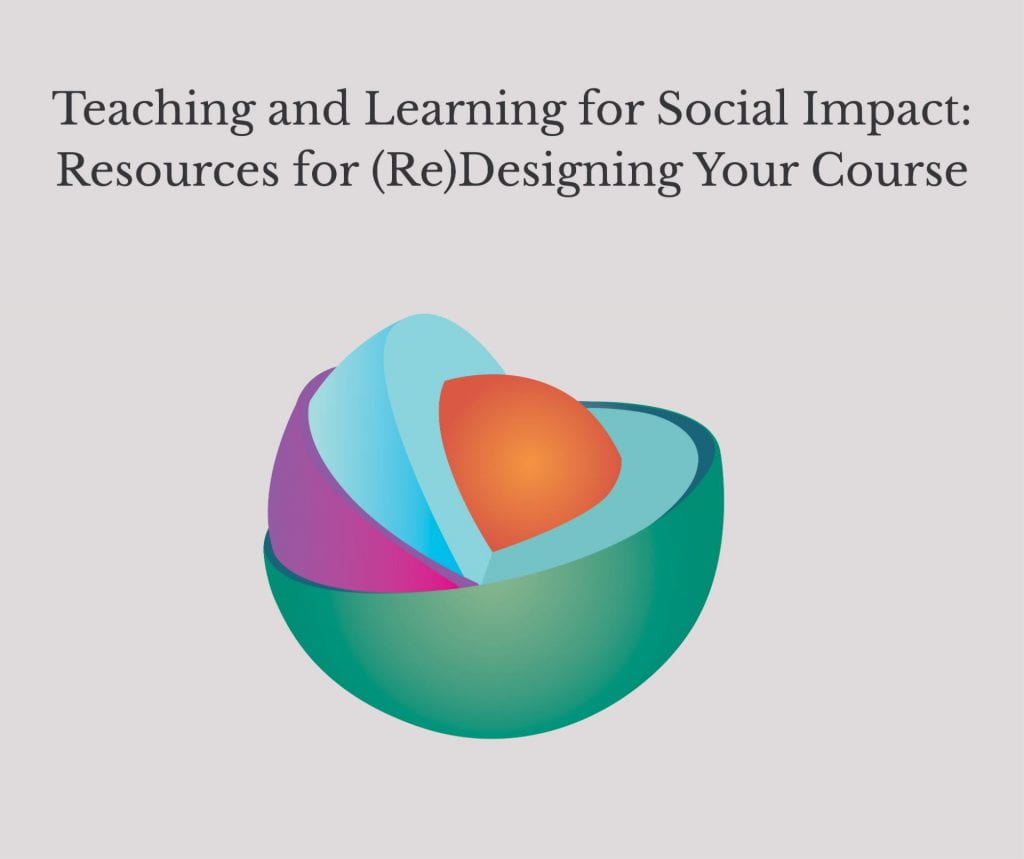
Teaching and learning this year are going to be unlike any time before. We are living in the midst of a global pandemic, our country is being forced to contend with racism and anti-Blackness, and we will teach and learn in the midst of an election that will undoubtedly have incredible ramifications. In addition to all of this, many faculty and students are teaching and learning using modalities that are unfamiliar, we are dependent on technology that is unequally distributed, people’s attention is divided, and mental health concerns are on the rise.
Given all this, how is it possible for faculty to both adjust how they are teaching in addition to making what they are teaching relevant and responsive to what is happening around us? Teaching and Learning for Social Impact: Resources for (Re)Designing Your Course, a collaborative project from the Gephardt Institute, Arts and Sciences, the Center for Teaching and Learning, and the University Libraries, is designed to be a dynamic, non-linear teaching schema to aid faculty to integrate social change into the fabric of their courses, and provide the tools, resources, and guidance to do so.
Research on healing centered engagement demonstrates that when people have a sense of purpose and take action to improve the collective causes of trauma in our lives, our well-being improves. Thus, faculty can simultaneously contribute to their own, and their students’ well-being, by creating socially impactful courses. We are excited to join together with outstanding collaborators, and to work with faculty and students as we consider ways to contribute to the common good, and begin the long work of healing. The source is open access and the project will continue to evolve, and so we encourage you to peruse, share feedback, and pass it along to colleagues at Washington University and at other universities.
Article by Dr. Cassie Power